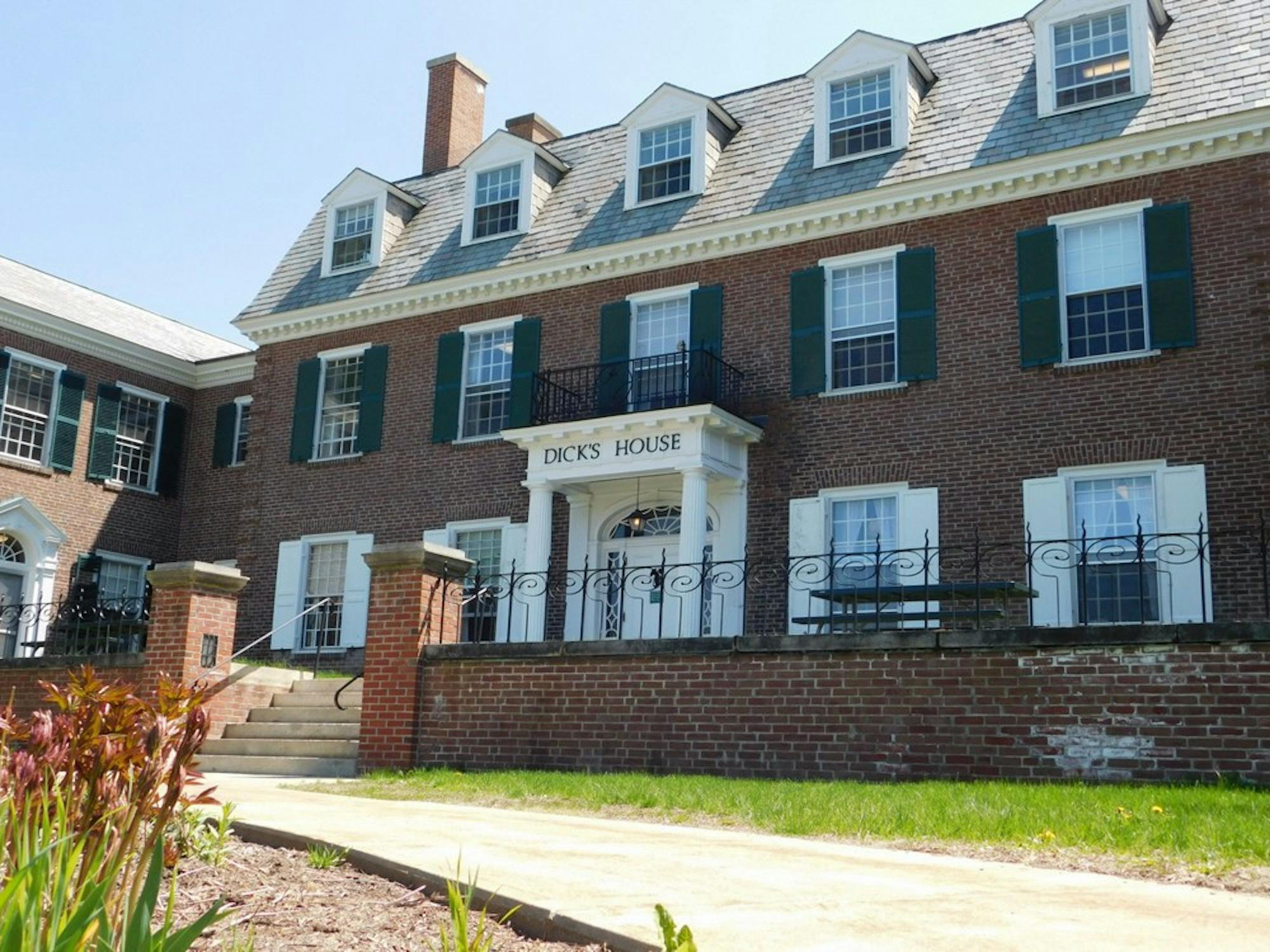New Hampshire has experienced an uptick in COVID-19 cases since the beginning of the fall term, according to the state’s Department of Health and Human Services, with Dartmouth College Health Service documenting 8 active and reported cases in quarantine on campus as of Oct. 1.
The number of in-state severe daily COVID-19 hospitalizations has more than tripled in recent weeks — rising from a seven day weekly average of five on Aug. 5 to 16 on Sept. 19. New Hampshire’s wastewater surveillance program currently observes some of the highest levels of the SARS-CoV-2 virus — which causes COVID-19 — in its Hanover facility.
DCHS director of clinical medical services Ann Bracken wrote in an email statement that students have largely experienced “mild to moderate illness with mostly respiratory symptoms,” noting that there have been “no recent hospitalizations for acute COVID infection.” Bracken added that the College is in a medical supplies partnership with Dartmouth Health — a system of local hospitals — and that she believes that together they will be able to mobilize enough resources to address any potential rise of cases on campus.
“We feel prepared to care for students with COVID and or manage an uptick in influenza and have sufficient supplies,” Bracken wrote.
A Sept. 25 forecast by the Centers for Disease Control and Prevention predicts the number of daily COVID-19 hospitalizations in New Hampshire to stabilize at around 15 to 16 through Oct. 16, a higher average than this past summer, when the daily count hovered around 10. Bracken noted the possibility of COVID-19 becoming a newly permanent fixture of the colder months but clarified that “this is debated.”
Bracken wrote that the College will continue offering support in case of COVID-19 infection, including through a 24/7 hotline at (603) 646-9440. She encouraged students to wear a mask if they test positive or experience COVID-like symptoms.
Bracken wrote that the College will be unveiling several opportunities for students to get vaccinated later this month, including clinics for faculty, staff and students.
“Dick’s House will also be getting the [COVID-19] vaccine available for students,” she noted. Bracken added that further information will be on the Dick’s House website after it is available.
According to the DCHS, isolation consists of a minimum of five days — day zero marks the date of a positive test. If still positive for COVID from days six through 10, “you may come out of isolation and wear a mask through day 10, as long as you have been fever free for 24 hours,” per the DCHS website.
Adam Svoboda ’27, who quarantined for five days after testing positive during Orientation Week, said that he felt “sure” that COVID-19 cases are being underreported.
“So many people are out and about coughing and blowing their nose,” he said. “If I had COVID, then I’m sure that a significant amount of other people are getting COVID and are not testing for it.”
Ian Smith ’24, who isolated for COVID-19 from Sept. 21 to Sept. 28, said that he has become well-acquainted with isolating after a previous infection and starting college during the pandemic.
“My freshman year was pretty much entirely in quarantine, regardless of whether you had COVID or not,” Smith said. “I had it last spring, so I’m pretty used to it at this point.” Smith added that despite the inconveniences of isolating, particularly the “meals in your room alone,” his experience has not been an entirely negative one. He noted that he has faced no difficulties with staying on top of academics as both of his classes utilize either recordings or Zoom.
“I do get to sleep in, which is pretty sweet, and not going to labs means I have so much more free time,” he said.
Smith explained how he has observed the effects of rising illness on campus, with many of his friends “sick either with COVID or not” and with “class sizes dwindling.” Smith said students in quarantine should take care of themselves, participate in remaining available activities such as “walks outside” and re-read the College’s isolation policies, which are available at the College Health Service’s website.
Brendan Brophy ’27 said he also noticed an increase in COVID-19 cases among students, adding that he knew “four or five” people who have had to isolate since the start of the term. Brophy noted that he considered the general mood on campus in regards to the recent rise in cases to be “banal.”
“From what I have personally witnessed and experienced, it doesn’t seem to be a huge deal in the eyes of most of the student population,” he said.
Although he believed the College should encourage masking and vaccination, Brophy said he had come to view COVID-19 as an inevitability.
“At this point, it’s kind of endemic,” he said. “You can’t stop it. It’s going to happen no matter what.”




